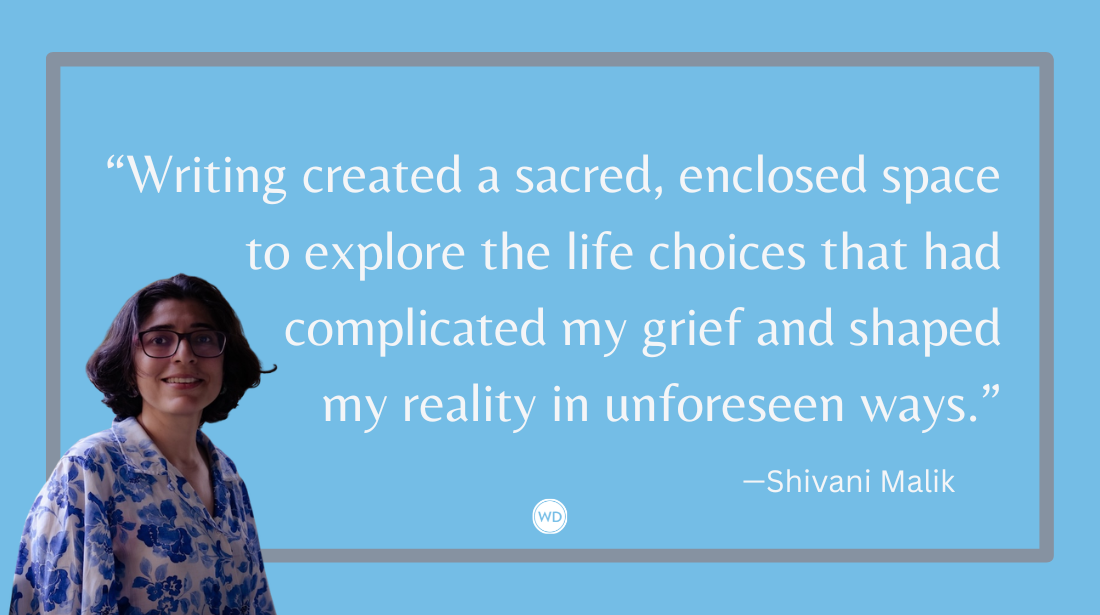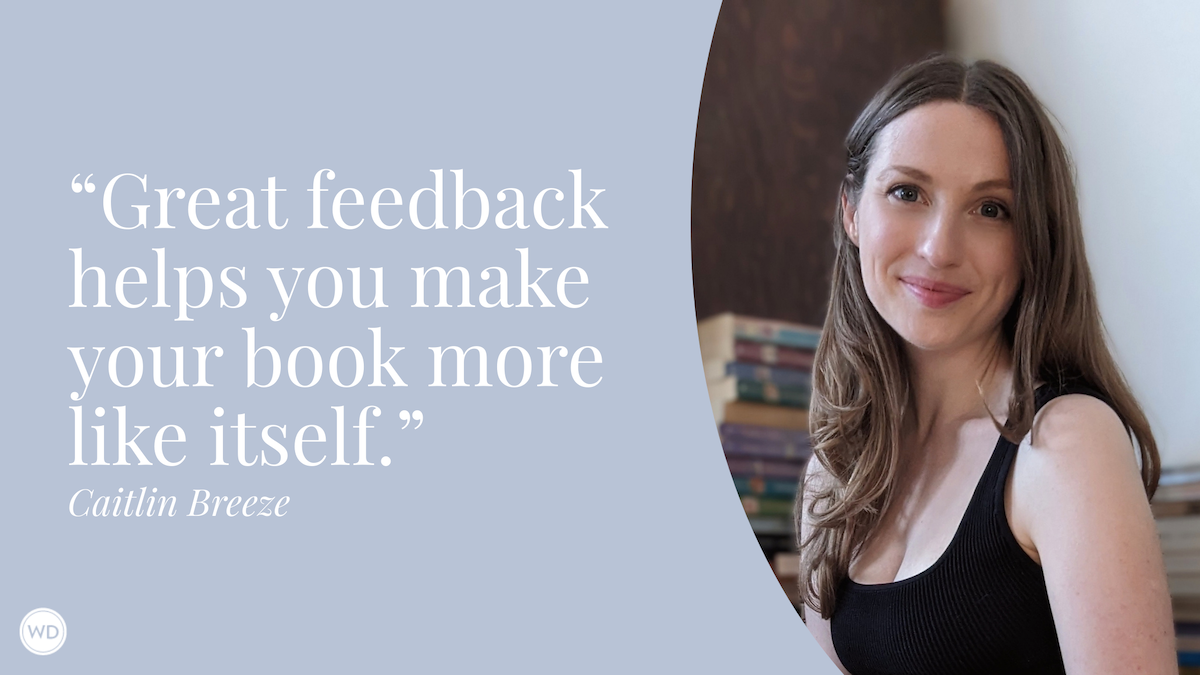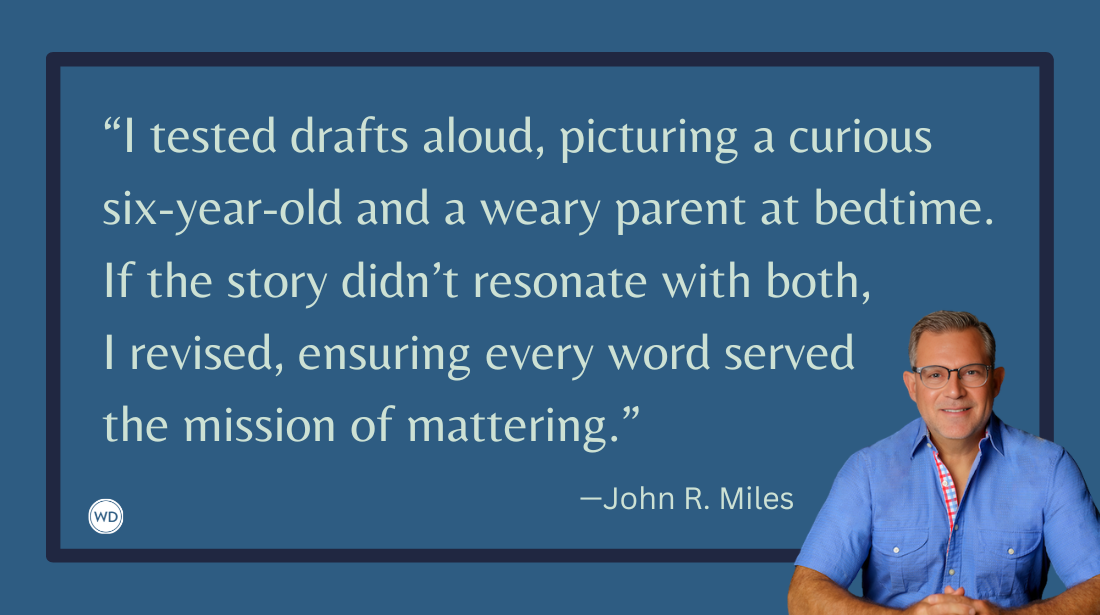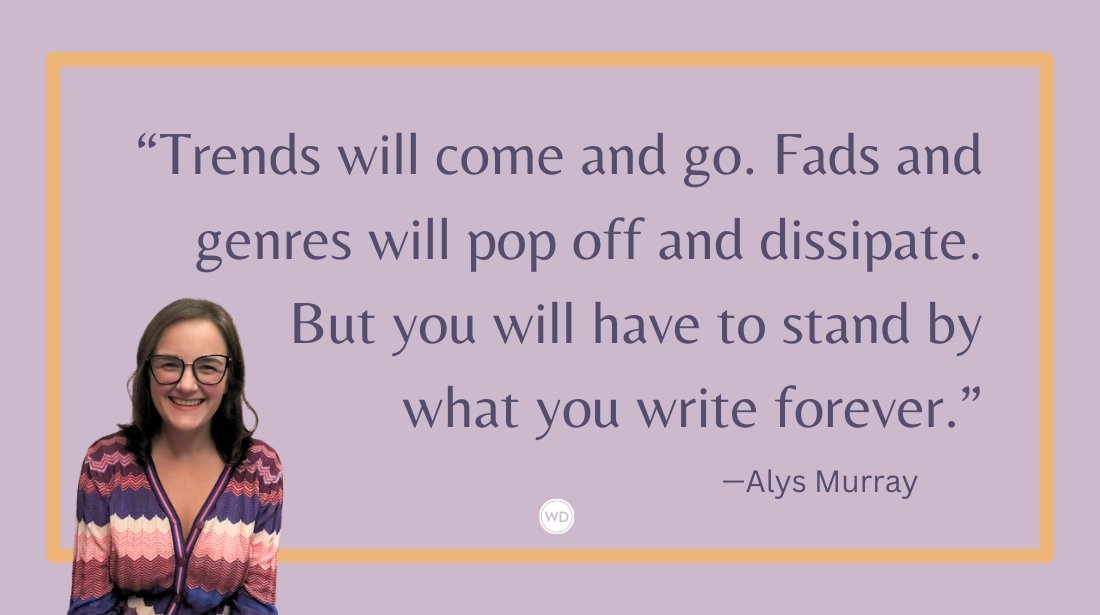Giri Nathan: On Writing a Book About Rivalry
In this interview, author Giri Nathan discusses wanting to make the sport of tennis accessible and vivid in his nonfiction book, Changeover.
Giri Nathan is a staff writer and cofounder at Defector Media. His writing has appeared in New York magazine, The Washington Post, The Guardian, The New York Times, National Geographic, The New Yorker, and The Believer. He is the senior correspondent at tennis outlet The Second Serve. In 2022, he received the Tom Perrotta Prize for Tennis Journalism. His work was selected for the 2025 editions of The Year’s Best Sports Writing and The Best American Food and Travel Writing. Follow him on X (Twitter), Bluesky, and Instagram.
In this interview, Giri Nathan discusses wanting to make the sport of tennis accessible and vivid in his nonfiction book, Changeover, his advice for other writers, and more.
Name: Giri Nathan
Literary agent: Jim Rutman @ Sterling Lord Literistic
Book title: Changeover
Publisher: Gallery Books
Release date: August 19, 2025
Genre/category: Nonfiction
Elevator pitch: Three men ruled over tennis for almost two decades—their dominance was unprecedented. Suddenly, two prodigies, with opposite personalities and styles, managed to break through.
What prompted you to write this book?
As a sportswriter I had been struggling to see what the future of men’s tennis would look like, because the “Big Three”—Novak Djokovic, Rafael Nadal, and Roger Federer—had ruled it for so long. I had a lot of false starts where I tried to hype up a young player only to see them destroyed by the old ones. Then in 2022, I watched an ecstatic match between Carlos Alcaraz and Jannik Sinner and felt like I had been smacked in the face: This was obviously the future. I had always wanted to write a book about a rivalry, and it took a few years for this one to develop on court, but in 2024, it instantly clicked.
How long did it take to go from idea to publication? And did the idea change during the process?
I wrote a proposal in January of 2024. Then I followed the 2024 professional tennis season closely, traveling to several tournaments, and started writing in earnest in November when the season ended. I finished the book in April 2025. I hadn’t intended for the book to follow a single year chronologically, but as that year played out, it became an irresistible structure.
Were there any surprises or learning moments in the publishing process for this title?
Take the time to find a cover that you’re satisfied with. I kept waiting for the right one. It was a long process, and I was picky. But I also really wanted it to accurately convey the style and substance of the book. Once we had the cover, I was so happy—I felt even more motivated to write a book worthy of that cover.
Were there any surprises in the writing process for this book?
I pretty much typed the whole book from scratch two or three times. That helped me smooth out the rhythm of the sentences and notice my own tics. It’s a little laborious, but I found it was the only way I would be satisfied with my edit. On each pass, you find new things to tighten up. It can also be meditative.
What do you hope readers will get out of your book?
I hope readers will find these characters and scenes compelling even if they know nothing about this sport or sports in general. Tennis is a funny, painful, and strange world that I tried to make accessible and vivid. These days, most coverage of public figures (athletes, musicians, actors, etc.) is increasingly PR-vetted and almost propagandistic. I want to show there’s still a place for an independent writer to plainly describe what he sees out there in this sport and have some fun with it without necessarily doing favors for anyone.
If you could share one piece of advice with other writers, what would it be?
Cross-pollinate with modes of art or writing very distant from the one you practice. I deliberately did not seek out sports writing when working on this book. I read a lot of nature writing, poetry, and art criticism. Socially, too, I love the company of visual artists over writers because they’ll notice and articulate things I never could alone.









